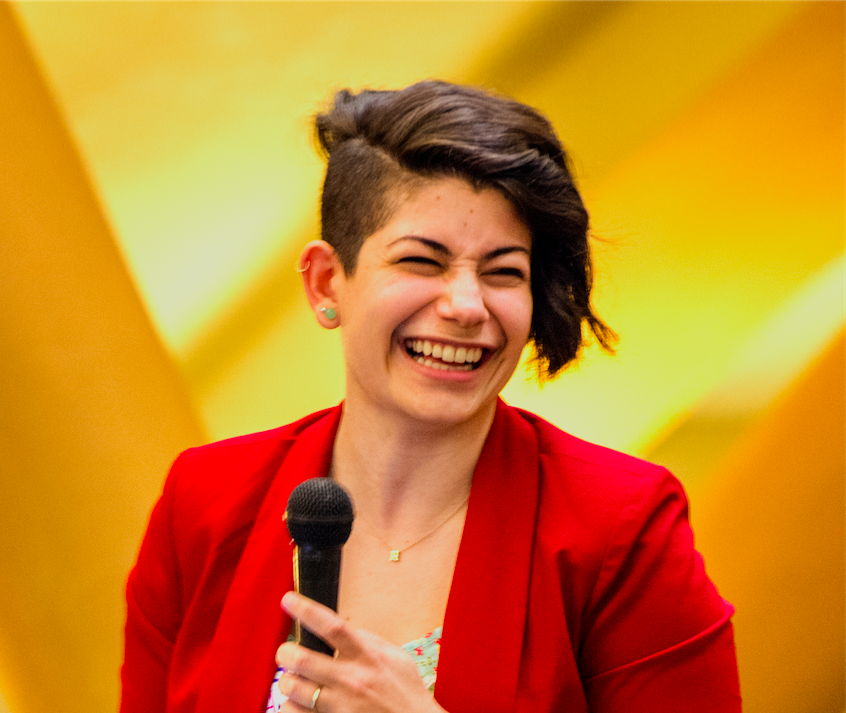Students got the chance last week to have an open dialogue about polyamorous relationships. Due to high demand, SF State’s Education and Referral Organization for Sexuality, a sex-positive safe space for students, hosted “Finding Your True Love: Polyamory:101” Thursday afternoon.
Reyna Aguilar, coordinator for EROS, thought the event was long overdue.
“I do know a lot of students on this campus that are in polyamorous relationships and everybody is open about it,” Aguilar said. “But I know that overall there still is some stigma, especially when it comes to discussing this type of stuff with family members. I think there is still a lot of secrecy.”
A mixer following the six-speaker panel gave students an opportunity to mingle and continue the conversation.
Aguilar’s goal was to help students learn more about themselves and get an idea of what they want in future relationships.
“We just thought it would be a good idea to bring an event where everybody could learn about it,” Aguilar said. “It’s been something we’ve been wanting to do for a long time.”
Around 60 students listened to panelists share stories from their past and current personal experiences with polyamory and what the lifestyle means to them. They also explored how their identities impact relationships, how they navigate time with their partners and how they differentiate between polyamorous and monogamous relationships.
EROS intern, Sam Hengesbach, is involved in a polyamorous relationship and looked forward to the event.
“What I love about polyamory relationships is that instead of Build-A-Bear Workshop, it’s like build-your-own relationship workshop,” Hengesbach said. “Polyamory … adds to my lifestyle and it really sticks to me because I am a very open and loving person.”
Hengesbach was only 14 years old when they realized they were interested in pursuing a consensual relationship with more than one person. Hengesbach was dating their boyfriend at the time and both of them consensually agreed that they were both interested in pursuing another couple.
“The key thing with polyamory is that it is ethical non-monogamy and there is no cheating. The whole point is you are trying to communicate with your partner, be respectful of your partner, trust your partner and be honest with your feelings,” Hengesbach said.
“I feel there is a lot of misconceptions about it, so it’s different for everybody,” Aguilar said. “That’s why I wanted to create this event — I really want students to get the chance to feel that all these different type(s) of relationships are possible.”
Polyamory is often a delicate topic for religious people. For Hengesbach, they found that most of their religious friends couldn’t wrap their head around the idea of being with more than one partner and not considering it infidelity.
“I’ve had initial reactions from Christian people where they just immediately don’t have their mind open and they just think I’m some sort of cheater.” Hengesbach said. “They will not listen to me when I talk about polyamory.”
Many people don’t openly display their polyamorous relationships because it is still considered unconventional and stigma often comes with it.
“Polyamory isn’t for everyone,” said Elisabeth Sheff, a speaker at the International Conference of the Future of Monogamy and Nonmonogamy this past weekend at UC Berkeley. “I guarantee that even if you talk it out, something surprising will come up.”
Following the panel, students had a chance to mingle and meet others who show an interest in polyamorous relationships, providing an opportunity they wouldn’t have necessarily had elsewhere.
“My main goal for this event is for students to learn about the huge variety of interpretations of perspectives that exist of polyamory,” Aguilar said. “With this panel, I want students to get a chance to feel all these different types of relationships are possible.”







